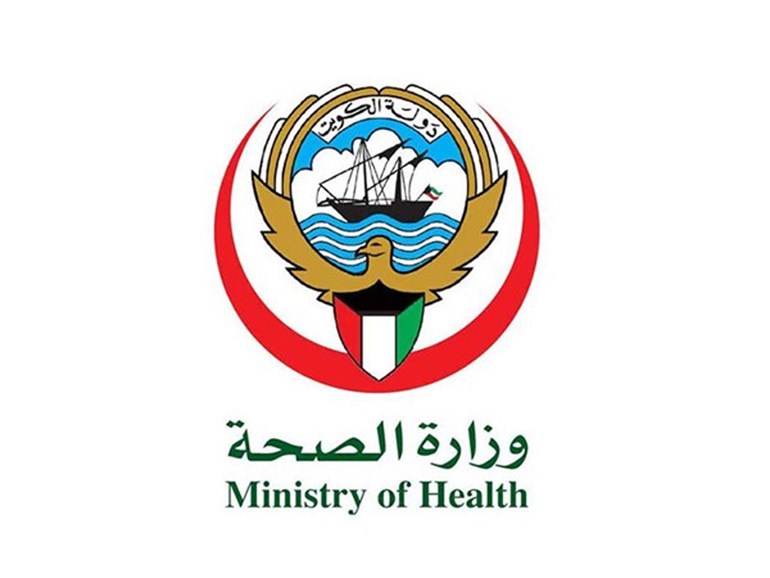12/11/2023
12/11/2023

KUWAIT CITY, Nov 12: Dr. Ahmed Al-Awadhi, the Minister of Health, disclosed that the private medical sector comprises 20 hospitals, with an additional 82 Pharmacies, 163 dental clinics, and 89 clinics operating beyond regular working hours, reports Al-Rai daily. Furthermore, he went on to say that 522 full-time clinics are affiliated with the same sector while responding to a query from MP Hamad Al-Obaid.
Al-Awadhi reported that 549 violations were recorded against clinics and medical centers from January 1, 2023, to September 1, 2023, resulting in the complete closure of 12 private medical facilities during the same period.
Al-Awadhi clarified that the private medical sector employs 3,680 doctors, 1,592 dentists, and 13,524 support medical professionals.
Regarding the monitoring mechanism, he outlined the involvement of specialized technical, engineering, and administrative committees from the Ministry of Health, who conduct periodic inspections. Violations, he said, are addressed in response to complaints, requests from legal authorities, or joint committee initiatives in collaboration with government agencies.
The identified violations are then submitted to the Health Licensing Department for verification of issued licenses before being forwarded to the Ministry for subsequent action by competent legal authorities and the medical liability agency. In terms of financial control over clinics and medical centers, Al-Awadhi emphasized the approval of price lists by the Health Licensing Department, ensuring conformity with officially approved prices. Complaints about conflicting prices are reported to the Ministry, and the Medical Liability Authority investigates the matter.
Responding to another parliamentary question from MP Majid Al-Mutairi, the Minister of Health affirmed that jamming devices do not pose a threat to public health if adhered to internationally recommended standards set by the International Committee for Non-Ionizing Radiation Protection (ICNIRP) and the World Health Organization. The State of Kuwait, through the Radiation Protection Department in the Ministry of Health, is dedicated to following all recommendations from these organizations, grounded in scientific studies.


